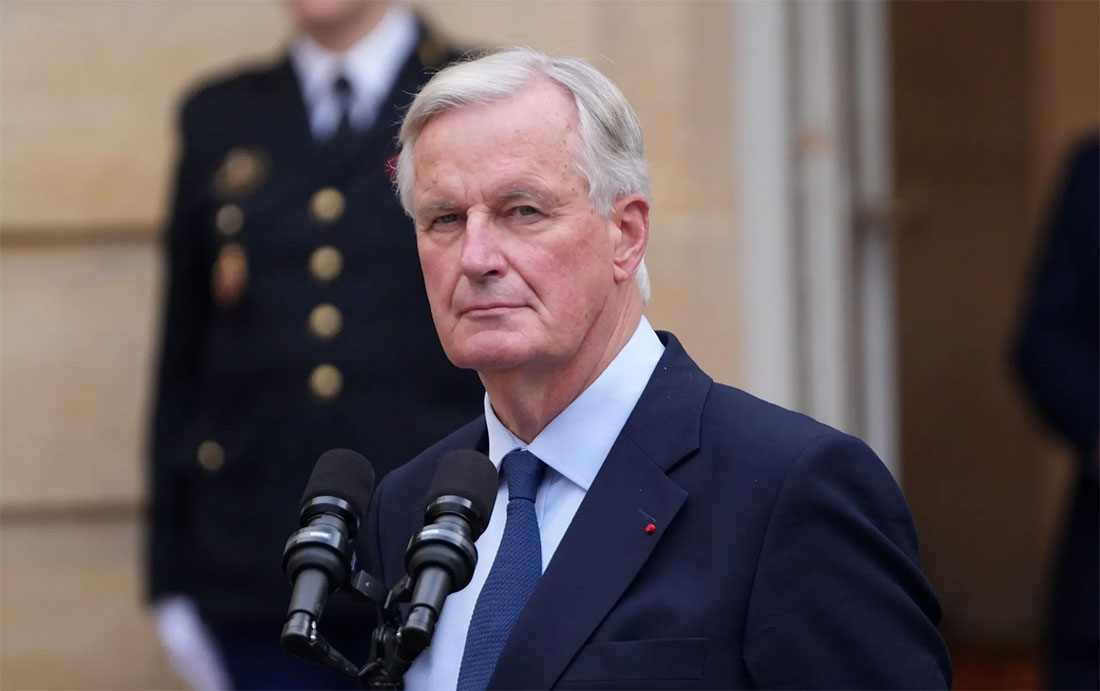
Photo Credit: Getty Images
The new French Prime Minister Michel Barnier warned on Wednesday that France's budgetary situation is "very serious". France was placed on a formal procedure for violating European Union budgetary rules before Barnier was picked as head of government this month by President Emmanuel Macron. And the Bank of France warned this week that a projected return to EU deficit rules by 2027 was "not realistic".
France's public-sector deficit is projected to reach around 5.6 percent of GDP this year and go over six percent in 2025, which compares with EU rules calling for a three-percent ceiling on deficits.
"I am discovering that the country's budgetary situation is very serious," Barnier said in a statement to AFP. "This situation requires more than just pretty statements. It requires responsible action," he said.
The new prime minister, who has yet to appoint a cabinet, is scheduled to submit a 2025 budget to parliament next month, in what is expected to be the first major test for the incoming administration.
Within days of taking office in early September, Barnier said in an interview that "French people want more justice" in terms of fiscal policy, while several politicians have reported the prime minister mentioning possible tax increases in private conversations.
Such a move would be a red rag to allies of Macron, who oversaw cuts in the corporate tax rate from 33.3 percent to 25 percent as well as tax reductions for households, including the wealthiest taxpayers. Macron has claimed a reduction in the overall tax burden by 50 billion euros ($56 billion) since he became president in 2017.
Interior Minister Gerald Darmanin, a staunch Macron ally, said Wednesday that it was "out of the question" to join, or even back, a government that raised taxes.
But years of extra spending during the Covid pandemic combined with sluggish growth have caused the French deficit to balloon, sparking the "excessive deficit procedure" by the EU, which is designed to force a country to negotiate a plan with Brussels to get their deficit or debt levels back on track.
Lewis Musonye
















